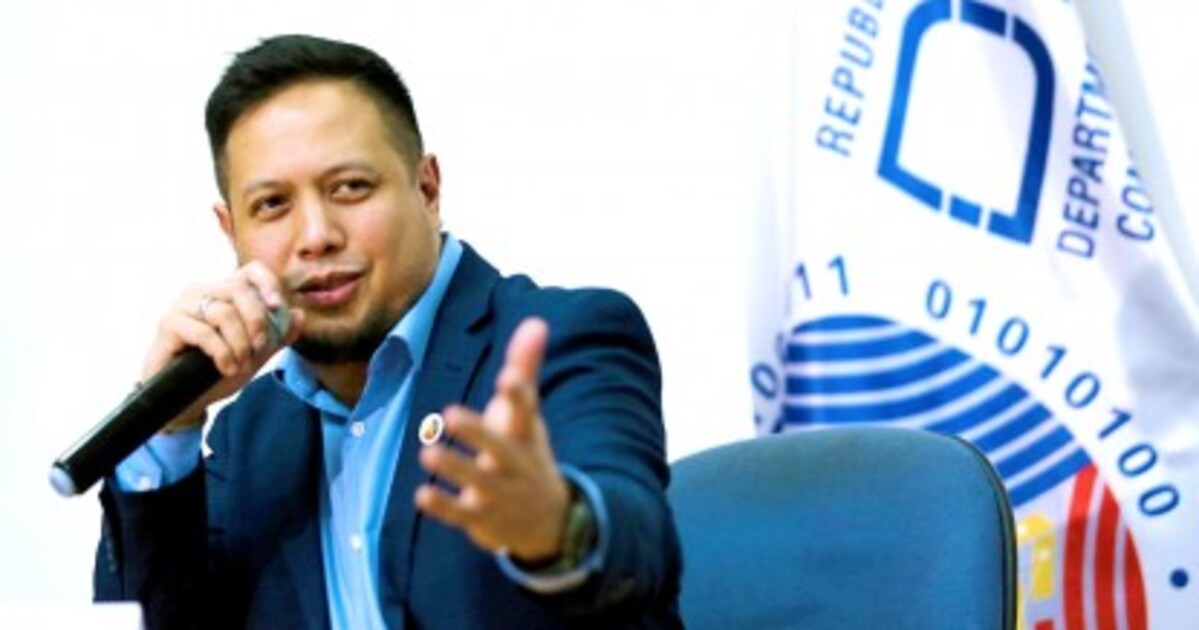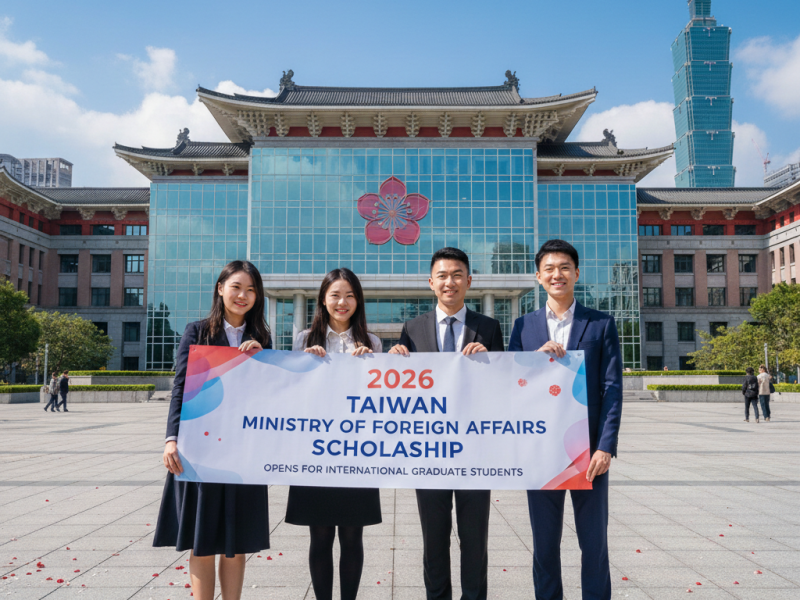MANILA, Philippines — The proposed “Konektadong Pinoy” bill (KPB), aimed at strengthening digital connectivity and improving internet speed in the Philippines, continues to spark debate among stakeholders as it awaits the signature of President Ferdinand Marcos Jr.
While six major technology organizations have voiced their support for the bill, they are firmly opposing a controversial provision that mandates data localization — the requirement for all digital data to be stored and processed solely within the country.
The Global AI Council Philippines, Blockchain Council of the Philippines, Cybersecurity Council of the Philippines, Data Center Association of the Philippines, Fintech Philippines Association, and Go Digital Philippines released a joint statement outlining the potential benefits of the bill. They praised provisions that would streamline the establishment of digital infrastructure by removing the need for legislative franchises, lower internet costs, expand coverage to remote areas, improve radio spectrum management, and implement performance standards for consumer protection.
However, these groups warned that enforcing data localization could backfire. They argued that the requirement would increase operational costs, discourage the use of advanced technologies such as cloud computing and artificial intelligence, and create barriers for small and medium-sized enterprises (SMEs). It could also weaken the competitiveness of the country’s IT-BPM and digital services sectors in the global market.
Meanwhile, advocacy group Citizen Watch Philippines called on President Marcos to veto the bill entirely. The group expressed concerns that the legislation could open the door to unchecked foreign involvement in critical digital infrastructure, potentially posing risks to national security.
President Marcos had earlier certified the bill as urgent in January 2024, citing the need for faster digital development. Congress ratified the measure on June 9, and it now awaits only the President’s signature to be enacted into law.



